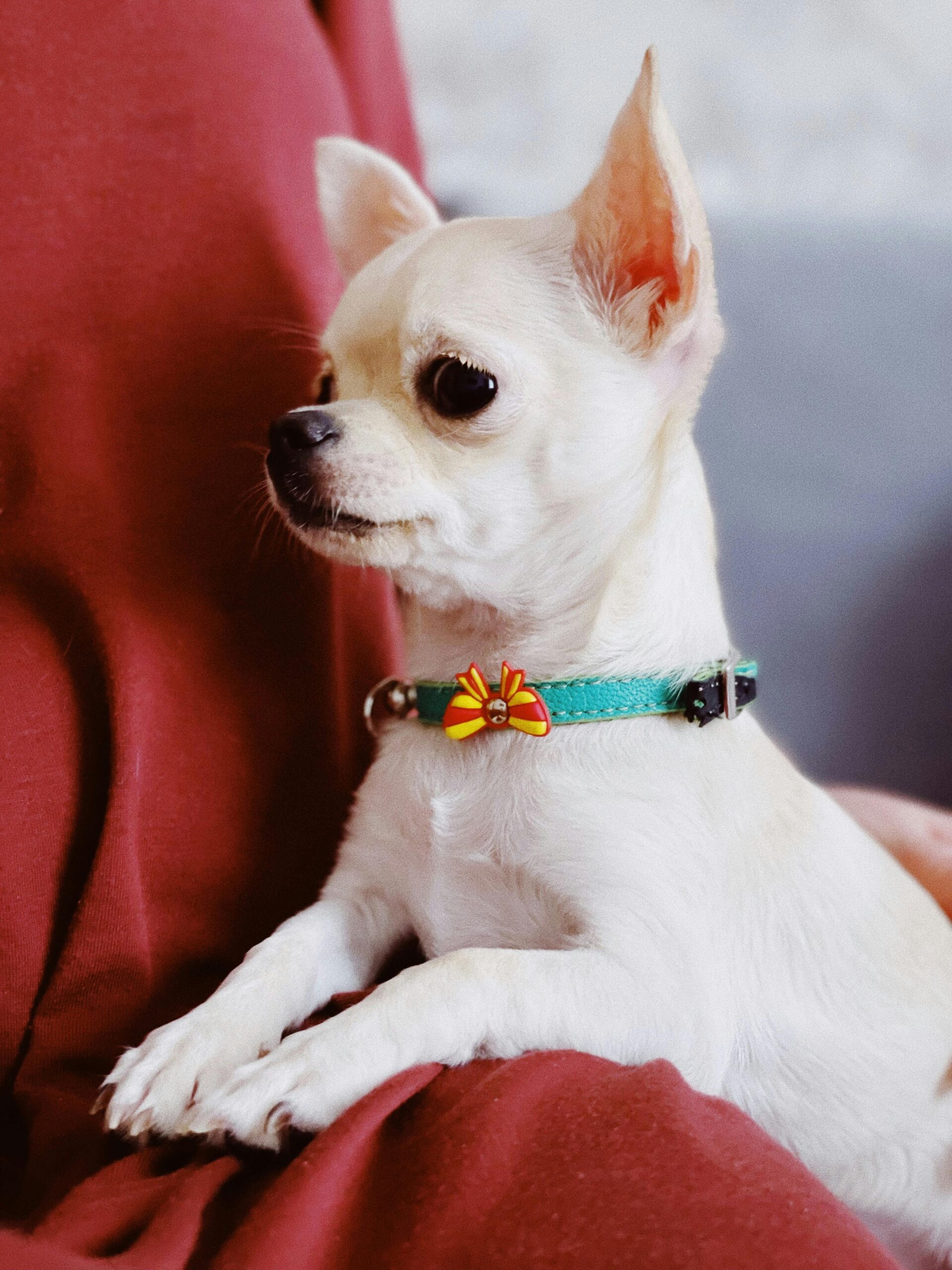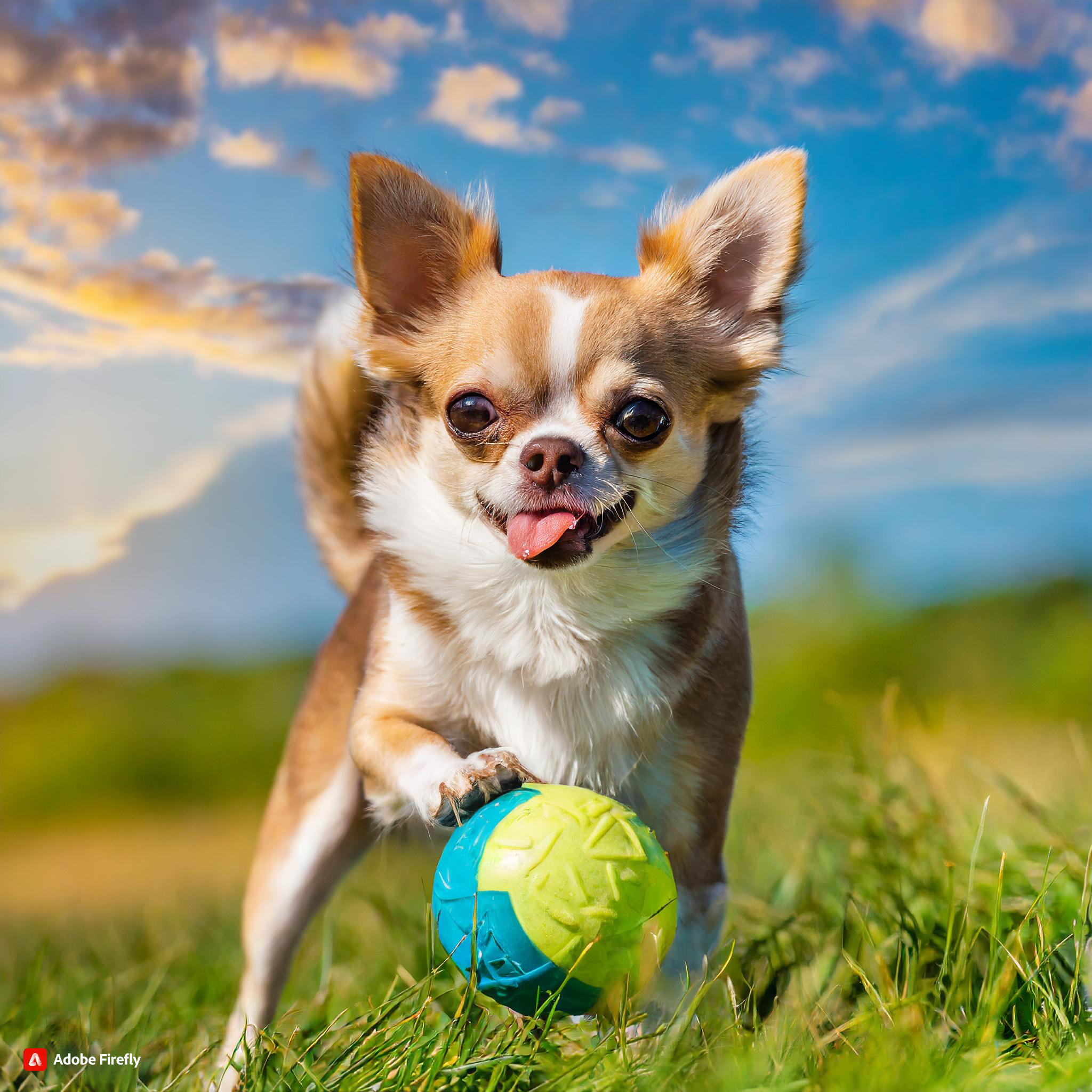Understanding the Chihuahua Breed
The Chihuahua is a small dog breed that has distinct characteristics shaped by its rich history and unique temperament. Originating from Mexico, this breed is one of the oldest dog breeds in the Americas. They are believed to have descended from the Techichi, a companion dog of the ancient Toltec civilization. Chihuahuas are often recognized for their diminutive stature, typically weighing between 2 to 6 pounds and standing 6 to 9 inches tall. Despite their small size, they are known for their big personalities and strong loyalty to their owners.
The temperament of Chihuahuas is a significant factor for prospective owners to understand. They are often described as intelligent, alert, lively and display a natural curiosity about their surroundings. Chihuahuas tend to form strong bonds with their owners and display loyalty that can sometimes translate into protective behavior. This protectiveness can lead to barking at perceived threats which makes early socialization a crucial aspect of their upbringing. Additionally, their confident and sometimes sassy demeanor can be endearing, yet it necessitates a firm hand in training. This will ensure they do not develop small dog syndrome, where their size allows them to get away with undesirable behavior.
Understanding the physical traits of the Chihuahua is essential when considering their care and training. Due to their compact size, these dogs require a controlled environment to prevent potential accidents or injuries. The Chihuahua’s lightweight nature means they can easily become frightened, which can impact their training approach. They benefit from consistent, positive reinforcement techniques and socialization opportunities that cater to their intelligent nature. Recognizing the Chihuahua’s breed characteristics will help owners provide the appropriate care and training necessary for a balanced and well-adjusted pet.
Daily Care Requirements for Chihuahuas
Chihuahuas, being one of the smallest dog breeds, require a specific set of daily care practices to ensure their health and well-being. Proper nutrition is paramount; their diet should be rich in high-quality protein and essential nutrients tailored to their small size. It is recommended to feed Chihuahuas a mix of dry and wet dog food, portioned in small servings to prevent any digestive issues. Frequent meals, usually three to four times a day, can help maintain their energy levels and prevent obesity, a common concern in this breed.
In terms of grooming, Chihuahuas need regular attention to maintain their coat and skin health. Long-haired Chihuahuas may require daily brushing to avoid tangles, while short-haired varieties benefit from weekly grooming. Regardless of coat type, regular bathing is necessary to maintain cleanliness, ideally every month or as needed and using dog-safe shampoos. It is also important to check their ears and teeth on a routine basis, as Chihuahuas are prone to dental issues and ear infections.
Exercise is equally important in the daily care of a Chihuahua. Although they are small, they are energetic and require daily walks or playtime to stimulate both their physical and mental well-being. A moderate exercise routine, including short walks and play sessions, can help prevent behavioral problems associated with boredom. It is also crucial to monitor their activity levels, since Chihuahuas are sensitive to extreme temperatures.
Regular veterinary check-ups are essential for Chihuahuas to address potential health issues proactively. Common concerns include heart problems, patellar luxation, and dental diseases. Vaccinations and prevention plans need to be followed diligently to ensure a long, healthy life for these playful companions. With attentive care and a loving environment, Chihuahuas can thrive and provide joy to their owners.
Effective Training Techniques for Chihuahuas
Training a Chihuahua requires a tailored approach that aligns with its unique temperament and characteristics. One of the most effective training strategies is the use of positive reinforcement. This technique promotes desirable behavior through rewards, such as treats, praise, or playtime. By rewarding a Chihuahua for following commands or exhibiting good behavior, owners can create a positive association with training sessions. It is essential to use small treats that are appealing to the dog, ensuring that they remain motivated throughout the training process.
Consistency is another crucial factor when training Chihuahuas. Establishing a regular training routine helps reinforce learned behaviors. Sessions should be short, ideally around 5 to 10 minutes, as Chihuahuas can have short attention spans. Repeating commands like “sit,” “stay,” and “come” consistently will help the dog understand and memorize them. Owners should also ensure that everyone in the household uses the same commands and rules to avoid confusion.
Socialization is vital during the training stage and should not be overlooked. Chihuahuas are known to be wary of unfamiliar situations and individuals. Exposing them to different environments, people, and other pets from a young age can help alleviate fearfulness and encourage confidence. Take your Chihuahua on walks, visit dog parks, or invite friends over to interact with your dog. The goal is to make the Chihuahua comfortable in a variety of circumstances, which will promote better behavior and adaptability.
Potty training is often a primary concern for Chihuahua owners, and it is essential to start this process early. Establish a designated potty area and take your Chihuahua there regularly, especially after meals and naps. When your dog successfully uses the appropriate spot, provide praise or a treat to reinforce this behavior. If your Chihuahua has accidents, it is crucial to avoid punishment, as it can lead to anxiety and further behavioral issues.
Lastly, addressing common behavioral challenges, such as excessive barking or small dog syndrome, requires patience and understanding. Consistent training techniques focused on positive reinforcement can effectively mitigate these challenges, leading to a well-behaved and happy Chihuahua.
Building a Strong Bond with Your Chihuahua
Establishing a strong bond with your Chihuahua is an essential aspect of pet ownership that requires dedicated time, patience, and understanding. Chihuahuas, known for their loyalty and strong personalities, thrive on the connection they share with their owners. This bond can be cultivated through engaging activities such as playtime, which not only enhances the dog’s physical health but also fosters emotional security. Regularly setting aside moments to play with toys, engage in training sessions, or go for walks can greatly strengthen this relationship.
In addition to playtime, consistent attention and affection are vital components in deepening the emotional bond with your Chihuahua. Acknowledging your dog’s need for companionship encourages trust and reinforces positive behaviors. Chihuahuas often respond enthusiastically to physical touch, so gentle petting or cuddling can be effective ways to show love and reinforce your connection. Understanding your Chihuahua’s unique personality and needs will also make a significant difference in the bond you establish. Every dog communicates differently, so it is essential to pay attention to their cues.
Another important element in building a strong relationship is recognizing and responding to your Chihuahua’s body language and vocalizations. Chihuahuas are expressive dogs, using their body movements and sounds to convey their feelings. Observing their tail positioning, ear movement, and overall demeanor can provide insights into their emotional state. Responding appropriately to these signals not only demonstrates that you value their feelings, but also helps in creating an environment where your Chihuahua feels safe and understood. Through intentional engagement and responsiveness, you contribute significantly to your pet’s emotional well-being. This focus on meaningful interactions lays the foundation for a lasting, trusting relationship with your Chihuahua.
The information provided is not intended to be a substitute for professional veterinarian advice, diagnosis, or treatment.



